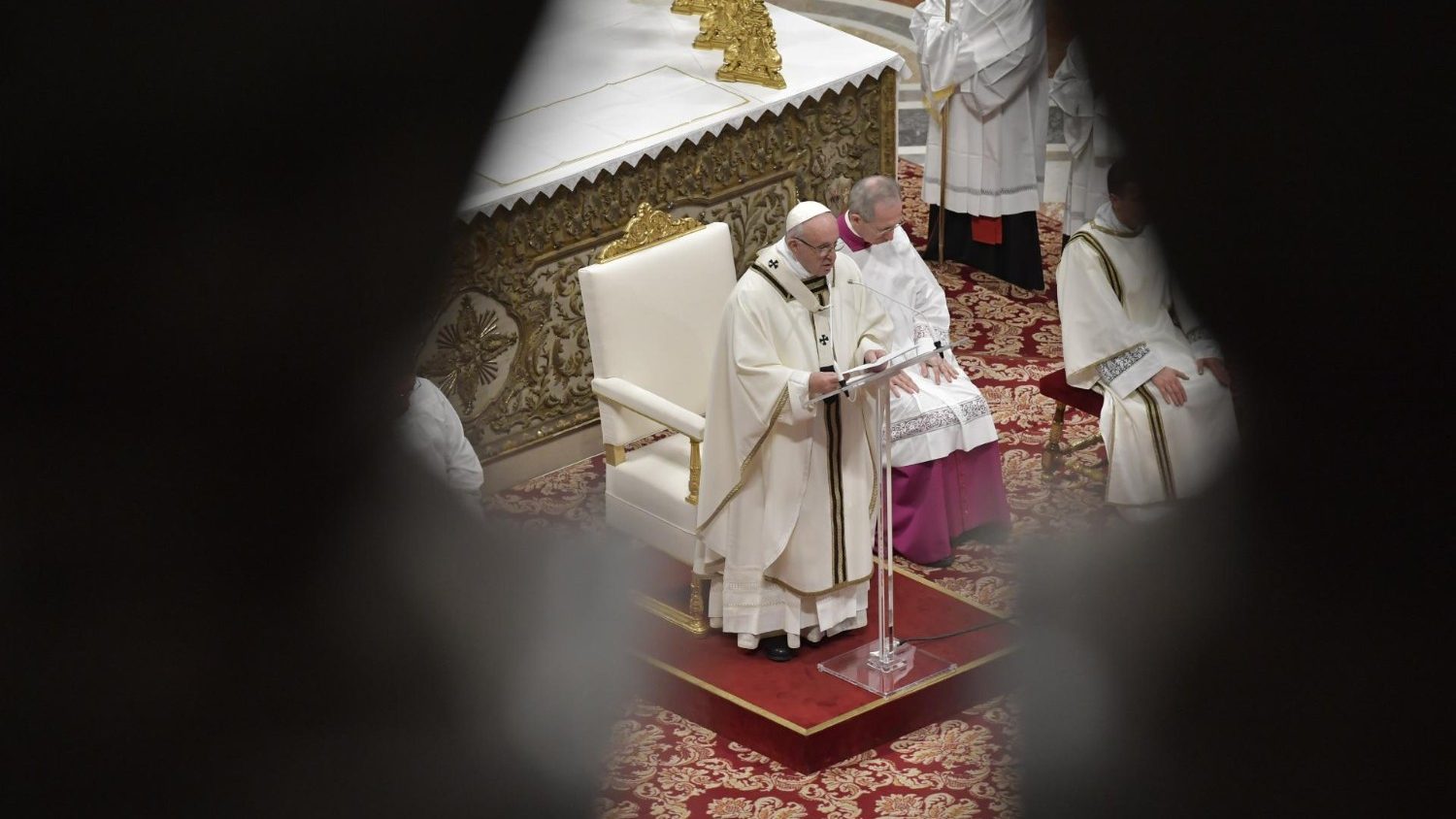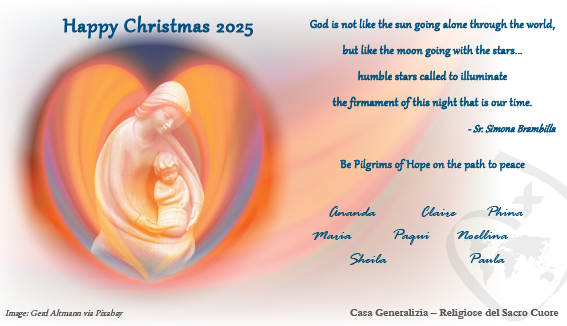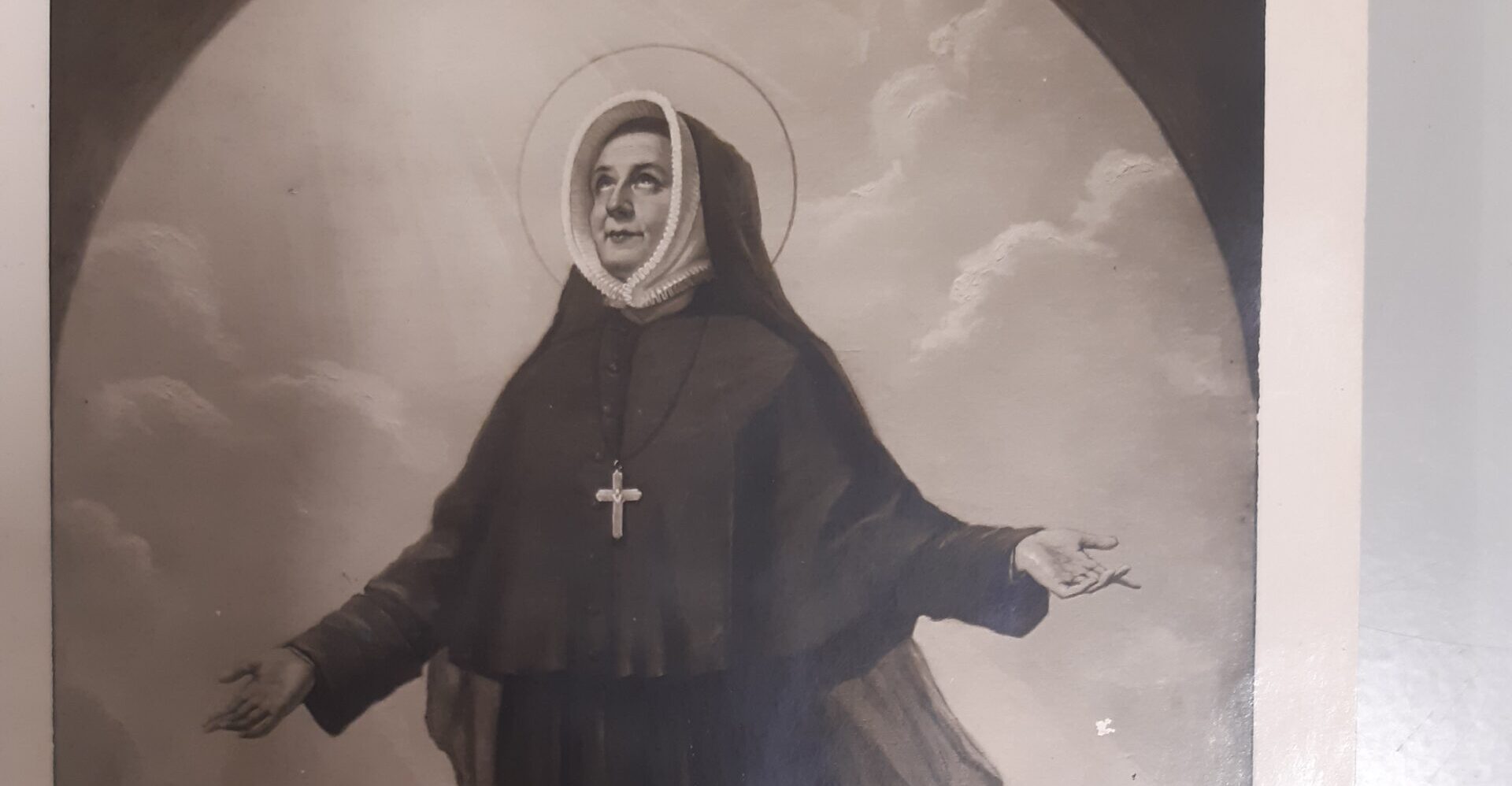“To worship the Lord we need to “see” beyond the veil of things visible, which often prove deceptive. Herod and the leading citizens of Jerusalem represent a worldliness enslaved to appearances and immediate attractions. They see, yet they cannot see. It is not that they do not believe, no; it is that they do not know how to see because they are slaves to appearances and seek what is attractive. They value only the sensational, the things that capture the attention of the masses. In the Magi, however, we see a very different approach, one we can define as theological realism – a very “high” word, yet helpful – a way of perceiving the objective reality of things and leads to the realization that God shuns all ostentation. The Lord is in humility, he is like that humble child, who shuns that ostentation which is precisely the product of worldliness. A way of “seeing” that transcends the visible and makes it possible for us to worship the Lord who is often hidden in everyday situations, in the poor and those on the fringes. A way of seeing things that is not impressed by sound and fury, but seeks in every situation the things that truly matter, and that seeks the Lord. With Saint Paul, then, let us “look not to the things that are seen but to the things that are unseen; for the things that are seen are transient, but the things that are unseen are eternal” (2 Cor 4:18).”
Pope Francis
Homily, Feast of Epiphany 2021
Our Spirituality |Celebrating the Seasons



